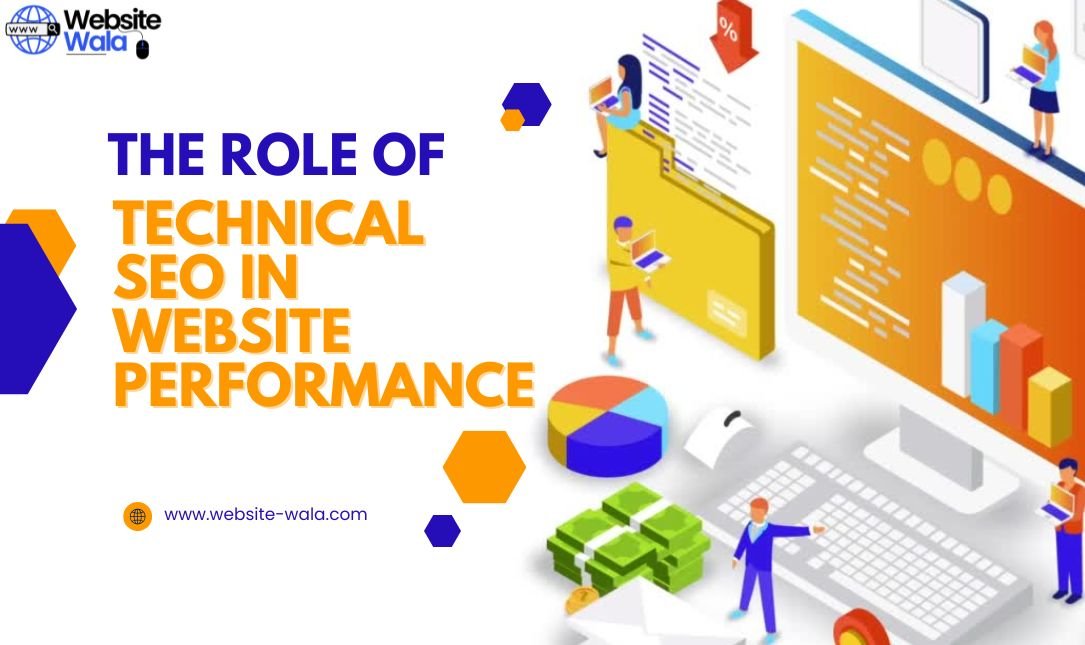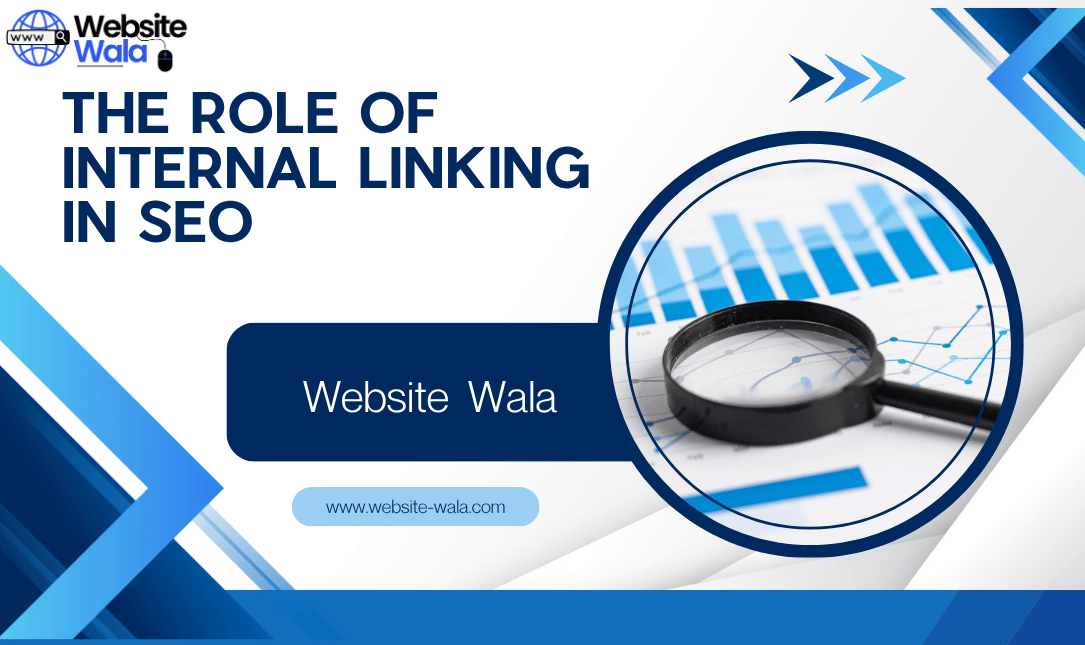
Discover the critical insights on The Role of Technical SEO in Website Performance and how it boosts site health, visibility, and online success.
The Role of Technical SEO in Website Performance
In today’s digital landscape, businesses cannot afford to overlook The Role of Technical SEO in Website Performance. As websites become more complex and user expectations rise, technical SEO has emerged as a cornerstone of website optimization. By focusing on underlying technical factors, businesses can ensure faster load times, improved search rankings, and a seamless user experience, all of which contribute to online success.
Understanding Technical SEO
Technical SEO refers to the process of optimizing a website’s infrastructure to help search engines crawl, index, and rank web pages more effectively. Unlike content-focused SEO strategies, technical SEO emphasizes backend improvements that enhance overall website performance. These improvements directly affect site health, visibility, and ultimately, the user experience.
Key components of technical SEO include:
-
Site structure optimization: Ensures search engines understand the hierarchy of your website.
-
Page speed enhancements: Reduces load times, which improves both rankings and user satisfaction.
-
Mobile optimization: Ensures seamless functionality across devices, a critical factor for search rankings.
-
Secure connections (HTTPS): Builds trust with users and search engines.
-
Structured data implementation: Helps search engines interpret content more accurately, improving visibility.
How Technical SEO Impacts Website Performance
The relationship between technical SEO and website performance is direct and measurable. A website with robust technical SEO practices is more likely to achieve higher search rankings, attract organic traffic, and retain visitors through an enhanced user experience.
-
Improved Site Speed
Page load time is a significant factor in both user satisfaction and search rankings. Technical SEO strategies like image optimization, browser caching, and minimizing JavaScript can dramatically enhance load times, directly boosting website performance. -
Enhanced Mobile Usability
With mobile devices accounting for a majority of web traffic, responsive design and mobile optimization are essential. Technical SEO ensures that your website functions flawlessly on smartphones and tablets, improving both the user experience and your search rankings. -
Optimized Site Architecture
A well-organized site structure helps search engines crawl your website efficiently. Proper URL hierarchies, internal linking, and XML sitemaps not only improve visibility but also contribute to better site health, which is crucial for long-term online success. -
Secure and Accessible Website
Technical SEO ensures that your website is secure and accessible. Using HTTPS and fixing crawl errors are essential practices that improve trustworthiness, enhance user confidence, and prevent penalties from search engines.
Technical SEO and Search Rankings
Search engines evaluate numerous technical factors before ranking websites. From page speed to structured data, these elements collectively influence how your site appears in search results. Implementing effective technical SEO practices can lead to higher search rankings, increased visibility, and more organic traffic.
Moreover, technical SEO allows websites to maintain site health by identifying and fixing errors, broken links, and duplicate content. A well-maintained site is more likely to achieve and sustain higher rankings, which directly supports online success.
The Connection Between Technical SEO and User Experience
A positive user experience is crucial for engagement, retention, and conversions. Technical SEO plays a pivotal role in shaping this experience by ensuring fast loading times, intuitive navigation, and mobile responsiveness. When visitors encounter a smooth and reliable website, they are more likely to stay longer, explore more pages, and return in the future.
Furthermore, technical SEO contributes to accessibility, making websites usable for all users, including those with disabilities. This not only broadens your audience but also enhances your brand’s reputation and credibility.
Common Technical SEO Practices to Boost Website Performance
To fully leverage The Role of Technical SEO in Website Performance, businesses should adopt several best practices:
-
Regular Site Audits: Identifying and addressing errors, broken links, and crawl issues to maintain optimal site health.
-
Optimized URL Structures: Clean, descriptive URLs improve crawl efficiency and user comprehension.
-
XML Sitemaps: Help search engines discover and index all pages effectively.
-
Robots.txt Optimization: Guides search engines on which pages to crawl, preventing indexing of irrelevant content.
-
Canonical Tags: Prevent duplicate content issues, protecting your search rankings.
-
Structured Data Markup: Enhances rich snippets, improving visibility in search results.
Implementing these practices ensures that your website not only performs well technically but also provides an exceptional user experience, further driving online success.
Measuring the Impact of Technical SEO on Website Performance
To gauge the effectiveness of technical SEO, businesses can monitor several key metrics:
-
Page load speed (using tools like Google PageSpeed Insights)
-
Crawl error reports in Google Search Console
-
Mobile usability scores
-
Organic traffic growth
-
Bounce rates and session durations
Tracking these indicators allows businesses to refine their strategies, optimize site health, and enhance both visibility and user satisfaction.
Conclusion
The Role of Technical SEO in Website Performance cannot be overstated. By focusing on technical optimization, businesses can improve site health, accelerate page load times, enhance user experience, and achieve higher search rankings. Ultimately, technical SEO serves as the backbone of website optimization, ensuring long-term online success.
Investing in technical SEO is not just a strategy for better search engine visibility; it’s a commitment to providing an efficient, secure, and enjoyable experience for your users. Businesses that prioritize these elements will find themselves well-positioned for sustainable growth and measurable online success.























